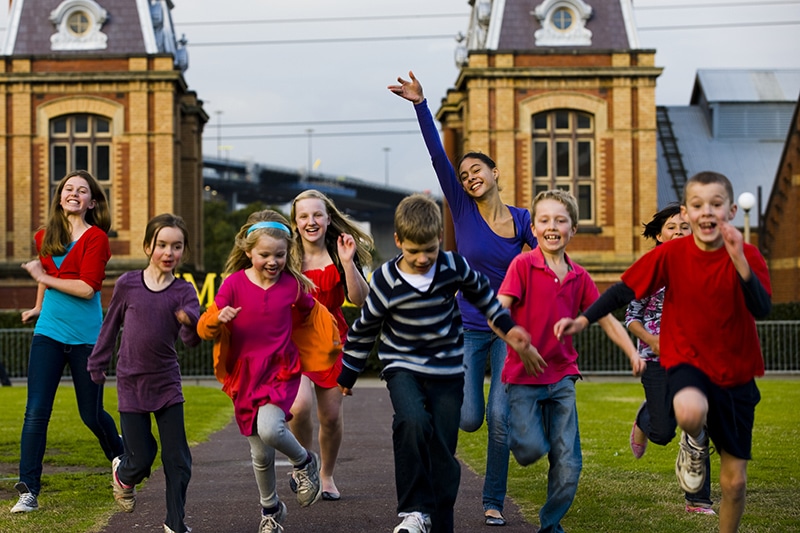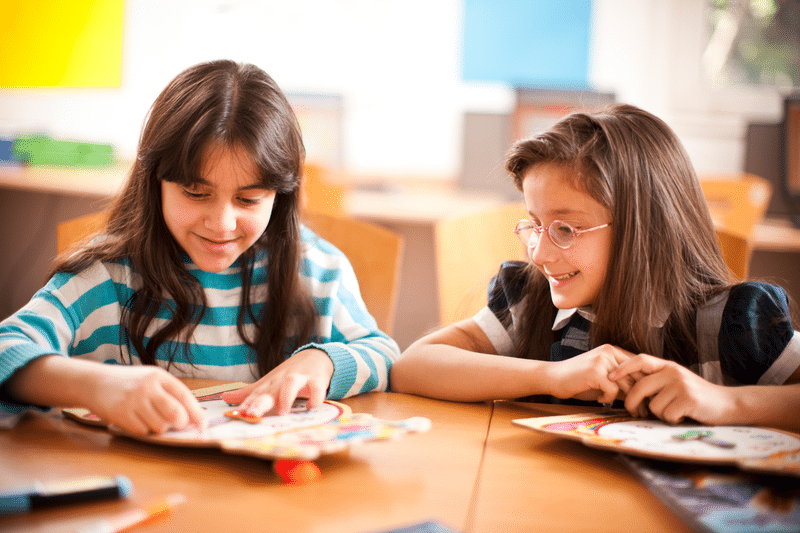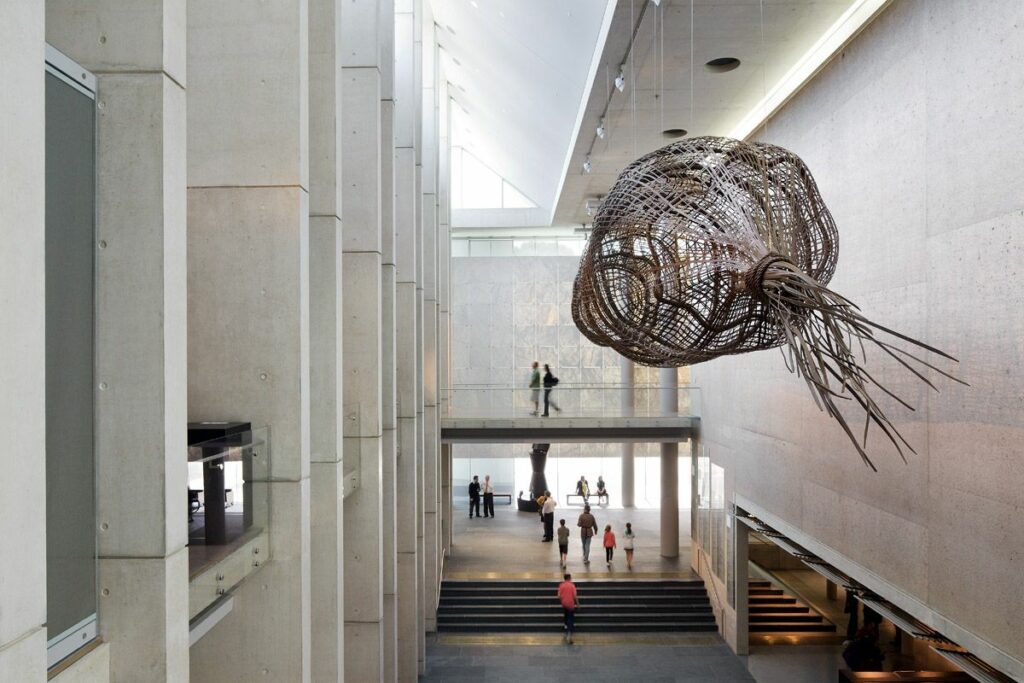
Making science fun and interactive. Children at Scienceworks, Melbourne.
Education - Museums & Schools
Museums today are an integral part of the education system. They work side by side with governments, schools and communities to complement formal education classes and the informal learning done outside the schoolroom.
Over the last decade, 23 million students and their teachers have sought to deepen the learning process through a school group visit to a CAMD museum.
Museums appeal as sites of learning because they:
- offer unique learning experiences;
- are trusted, authoritative sources;
- utilise ‘real’ objects from collections – their genuine character ever more valued in an increasingly ‘virtual’ age;
- allow visitors to experience great ‘hands-on’ learning experiences that excite all five senses; and
- are also exciting spaces, incorporating cutting-edge design and the use of multi-media technologies.
Museums are still places that can invoke excitement and wonder amongst young and old alike.
Connecting Classrooms Online
Museums and schools are more connected than ever before. Using ‘live’, two-way, interactive high-definition video and audio video conferencing, museum educators can now beam into an even broader and more geographically far-flung ‘classroom’ than ever before.
With the roll-out of the broadband network, even more students, despite socio-economic or geographical disadvantage, will be able to remotely link with experts and institutions. Tens of thousands of students have already been part of this online conversation and have benefitted by having access to rich resources based on the stories of their own countries.
For examples of CAMD museum programs in schools and for life long learners see Case Studies and Regional and Remote Case Studies.


Life Long Learning
Museums also engage with the life-long learning needs of the adult population. They are important sites of intergenerational learning, uniting grandparents, parents and children in the pursuit of knowledge and ideas.
Museums also have an important role to play in fostering community awareness of global issues and in enhancing community confidence in collaborative problem-solving. They often provide a much-needed neutral ground where difficult, contested issues can be safely discussed.
Museums provide education and learning experiences that encourage confidence, creativity and individuality. The path they set leads people to become lifelong learners and active and informed citizens.

